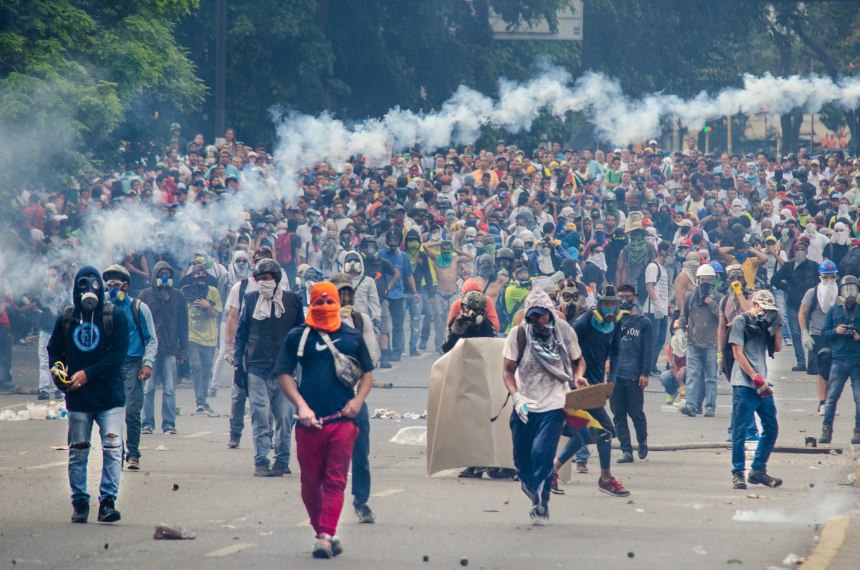Venezuela has seen its national currency become practically worthless after undergoing one of the worst economic crisis in history. The inflation is all-time high – all the essential goods such as medicines and even toilet papers have soared in value. More citizens are leaving the country every day, while the ones who cannot afford to migrate are protesting on streets against the government.
As a result, many Venezuelans are turning to cryptocurrencies like bitcoin as a haven against the super-weak Bolivar – at least those who have the technical knowledge to access an Internet-based economy. And given the price of bitcoin, which has dropped from $20,000 to $5,200 in over a year, it is the evidence of how despondent Venezuelans have become.
Venezuelans Can’t Access Bitcoin
The popularity of bitcoin in Venezuela is highly exaggerated, according to regional cryptocurrency reporters that has witnessed the “true” crypto adoption on the ground. José Rafael Peña Gholam of LongHash wrote about how a large section of Venezuelans remain clueless about cryptocurrencies and how to access them. Most of them see bitcoin as a scam. Atop that, people’s potential to learn about the cryptocurrency becomes lesser due to lack of internet connectivity.
“Venezuela’s Internet continues to deteriorate, as the government manages most of the country’s telecommunications concessions,” writes Gholam. “Once you get far from the big cities, it is even harder to get a good Internet connection. Smartphones, which tend to be priced in dollars, are even more expensive for Venezuelans now.”
Bitcoin can't happen fast enough in Venezuela. Most important country for adoption for humanitarian reasons. https://t.co/ASuOzHH5p0
— Erik Voorhees (@ErikVoorhees) December 29, 2016
Diana Aguilar, a Venezuelan crypto reporter, shares a similar firsthand account. She talks about issues of people’s weak “computer and financial literacy,” which disallows them to access anything the cryptocurrency world has to offer. Her insightful article also discusses how people who don’t have a clue about Venezuela’s ground issues speak broadly about its potential to adopt bitcoin.
“The crypto industry needs to stop viewing Venezuela as a testing ground for wild ideas and start viewing us as what we really are: irreplaceable partners in the financial revolution,” Aguilar wrote in her latest CoinDesk column.
The Solution
The Venezuelan crisis has given bitcoin supporters evidence that a decentralized economy can, at least, mitigate the problem, if not resolve it entirely. But to truly boost the crypto’s widespread adoption, there is a need for an excellent infrastructure. New governments need to take charge and create better intragovernmental relationships with the US and the rest of the world.
More investments need to come into Venezuela to put its economy back on tracks. Bitcoin, for all its technical finesse, is still a protocol without a president, a CEO, or a prime minister. Only an organization with top leadership could normalize the situation in Venezuela.
The actual bitcoin adoption comes later – when people have the means to learn and practice it in the real-time. A stable government can pave the way by providing access to better infrastructure – at least faster internet and cheaper smartphones to allow people to start their bitcoin course. Until that happens, let’s not project bitcoin as the Messiah that could solve Venezuela’s economic crisis single-handedly.
